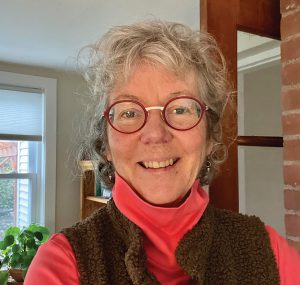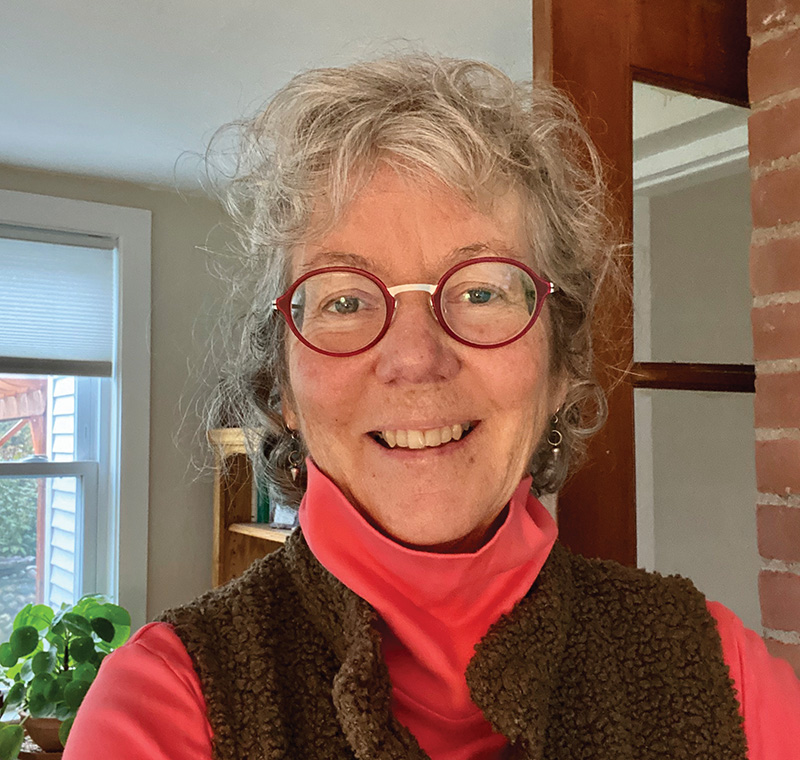 “For the first time in history, gardens have taken on a role that transcends the gardener.” Noted entomologist and environmental icon Doug Tallamy wrote those words, emphasizing not only the significant challenges our environment faces but also the opportunities that we all have to elevate our common passion for gardens and home landscapes into the role of environmental change agents. The news is not good: global climate change, dramatic declines in birds and insects, the rampant advance of invasive species, and the stormwater contaminants that threaten watersheds—and our estuary.
“For the first time in history, gardens have taken on a role that transcends the gardener.” Noted entomologist and environmental icon Doug Tallamy wrote those words, emphasizing not only the significant challenges our environment faces but also the opportunities that we all have to elevate our common passion for gardens and home landscapes into the role of environmental change agents. The news is not good: global climate change, dramatic declines in birds and insects, the rampant advance of invasive species, and the stormwater contaminants that threaten watersheds—and our estuary.
Starting this fall, we will explore the possibilities and examples of home and community landscapes that take on the challenge: gardens that provide habitats, prevent contaminated water, build the soil, and capture carbon. Gardens do have a new and exciting role in our collective desire to make a difference, and it doesn’t have to be at the expense of the gardens we love. There’s never been a better time to begin.

Image courtesy of Judy Preston.
Judy Preston is an ecologist who has been active in the Connecticut River estuary region for over thirty years. She was the Connecticut Outreach Coordinator for EPA’s Long Island Sound Study working with Connecticut Sea Grant where she developed the Coastal Certificate Program, offering Master Gardener certification in sustainable gardening to protect water quality. She was Director of Science and Stewardship for the Nature Conservancy, Founder and Director of Tidewater Institute—a community-based conservation organization in the Connecticut River Estuary, and she taught environmental science and landscape ecology at Three Rivers Community College. She is passionate about the natural world, gardening, and gunk-holing in local coves and tidal marshes.

